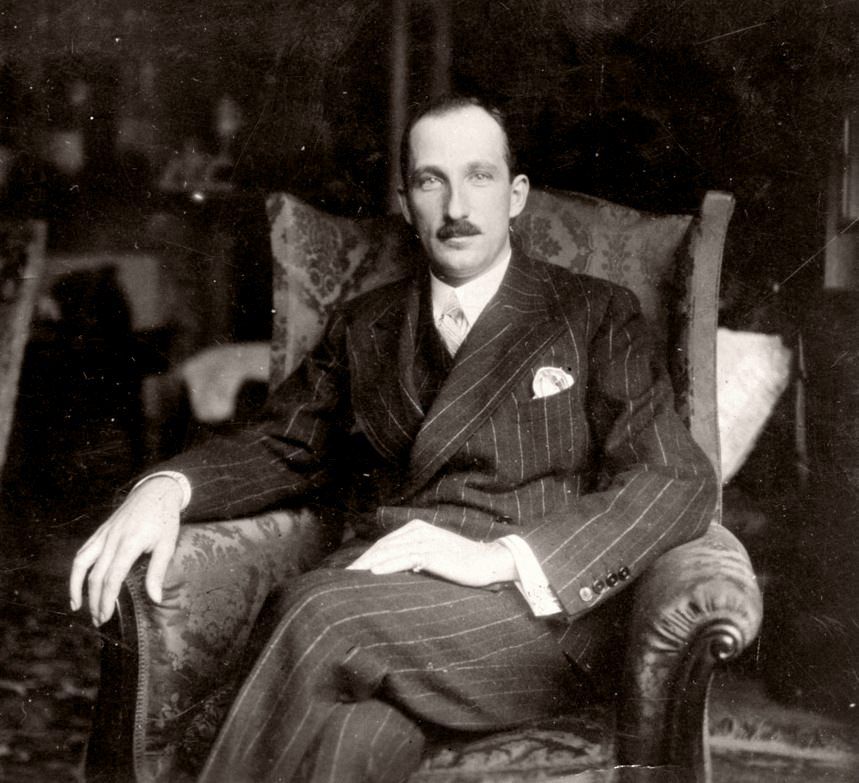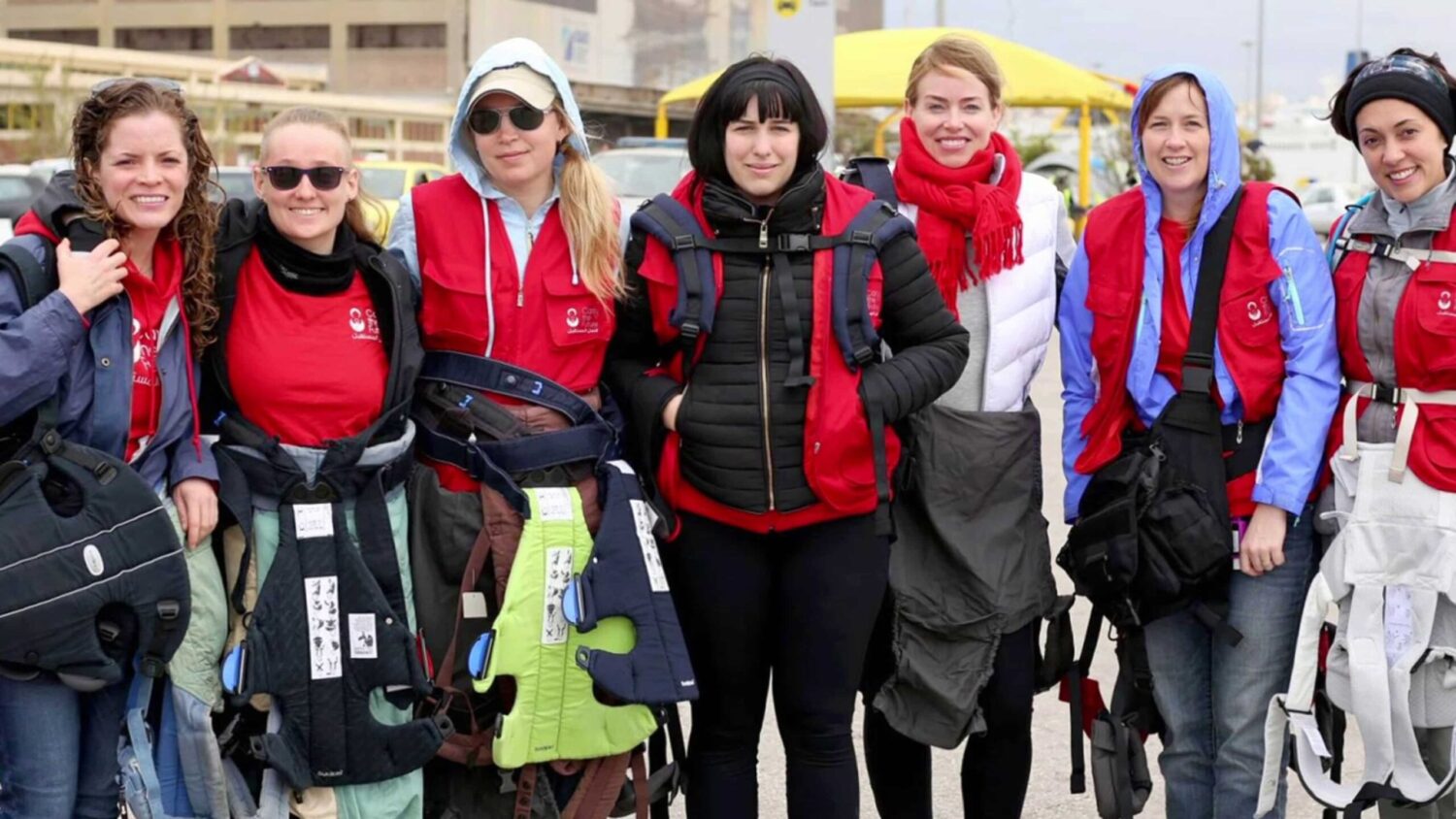He said the men and women that serve, from 125 countries, across 12 operations, were working to support security, stability and the rule of law.
“They represent the beating heart of the United Nations’ commitment to peace”, said Secretary-General António Guterres.
“By bringing peacekeepers together from around the world, peacekeeping has also become an inspiring symbol of multilateralism in action”, he added, just ahead of presenting the prestigious UN Military Gender Advocate of the Year award to a Ghanian peacekeeper, inside the gilded General Assembly Hall in New York.
But thanks to the increasing complexity of conflict, stagnating peace processes, the constant beat of terrorist activity, armed militia, gang violence and transnational crime, communities, countries and entire regions, are being increasingly poisoned, he said.
Increasingly ‘no peace to keep’
“And the digital world has become a frightening frontier of tension, division, hate and mis and disinformation.
Sadly, our peacekeepers are increasingly working in places where there is no peace to keep.”
He called for governments represented in the hall to “seriously reflect on the need for a new generation of peace-enforcement missions and counter-terrorism operations”, led by Security Council mandate under Chapter VII of the UN Charter, that could rely on a guaranteed funding stream.
Before the solemn but moving ceremony, the UN chief laid a wreath at the Peacekeepers Memorial, honouring the sacrifice made by all those serving under te UN flag.
“We mourn their loss and share our deepest sympathies with their families, friends and colleagues. We will never forget their contributions”, he said, before leading a moment of silence.
The roll of those who died in service last year was read, on this 75 anniversary of UN Peacekeeping operations, with more than 4,200 killed in total, in the cause of peace.
Embodying ‘duty to peace’
“Our fallen military, police and civilian personnel came from 39 different countries, with diverse backgrounds. But all embodied our duty to peace”, said Mr. Guterres. “I extend my deepest condolences and gratitude to their families, friends, colleagues and home countries represented here.
“I pay tribute to their service and sacrifice, which inspire our work every day. And I commit to doing everything we can to support our peacekeepers in their mission, including improving their safety and security and the effectiveness of peacekeeping through the Action for Peacekeeping Plus strategy.”
Women ‘leading the way’
Paying tribute to the landmark Security Council resolution 1325 on Women, Peace and Security, the UN chief said it reminds “that our women peacekeepers are not only supporting global peace and security.
“They are leading the way.”
The winner of this year’s Military Gender Advocate award, Captain Cecilia Erzuah of Ghana, embodies leadership in every way, and the principles behind resolution 1325, he said, for her work in Abyei as the Commander of the Ghana Engagement Platoon since March last year.
“In Abyei, she saw first-hand the enormous toll of armed conflict on entire communities — especially women — and she spared no effort to ensure that their voices were heard and reflected”, he added.
Her work reaching out to local communities to hear their concerns, explain the work of peacekeepers, and build trust, as well as engaging with local leadership, women and youth, “has been critical to the mission’s success.”
He said it was “high time” to significantly increase the number of women working in UN peacekeeping missions everywhere.
‘Long live the United Nations’
In her remarks to the ceremony, Cpt. Erzuah, said she was honoured to receive the award, saying it “underscores the tireless efforts and dedication” of her whole platoon, towards gender equality and inclusiveness.
The disputed region of Abyei between Sudan and South Sudan, has seen a UN peacekeeping presence since 2011, where the UNIFSA security force works to strengthen police capacity, protect civilians under threat, and help with humanitarian aid and the free movement of aid workers.
She said her platoon’s work had led to an increase in the number of women joining local, male-dominated community protection committees.
Cpt. Erzuah dedicated her award to “the beautiful people of Abyei” whose memory she would always treasure, and “to all peacekeeping personnel, particularly we women in uniform.
“May our dedication, commitment and love for humanity, never go unrewarded. Long live the United Nations.”
Civilian fallen
The head of Operational Support, Atul Khare, accepted a medal on behalf of the families of 42 civilian peacekeepers, who have “paid the ultimate sacrifice”, from 20 Member States.
He said the best way to honour their memories, was to “rededicate ourselves, and our efforts, to the cause of peace.”














